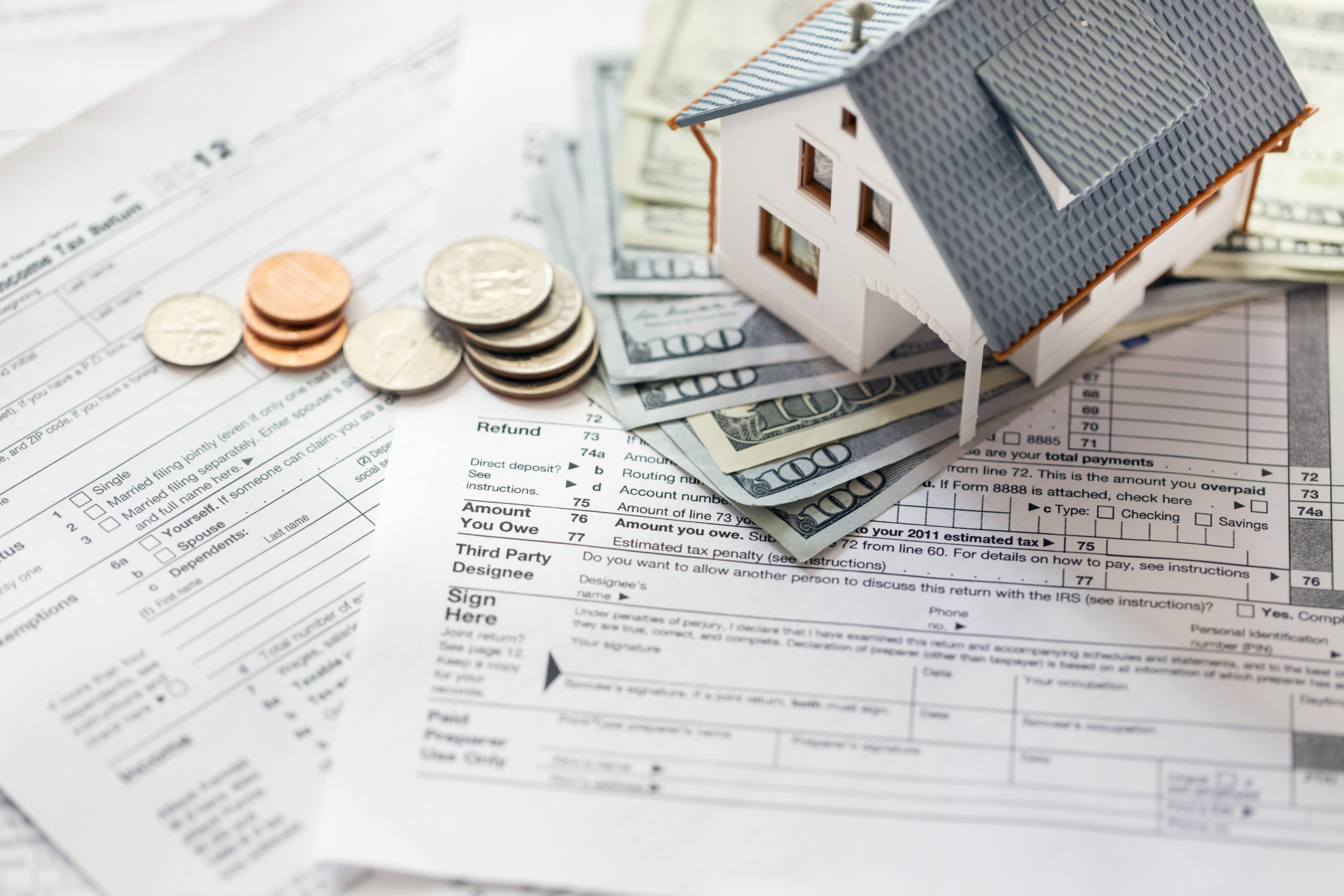when you’re ready to buy a home, all the different loan options can be overwhelming. There are different loan names, varying term lengths, and many other factors to consider. However, don’t worry, your mortgage banker will be your go-to source for all things mortgage-related. They’ll be able to guide you through the process and explain all your options.
There are a few different loan term options or the amount of time you have to pay back your loan. Some of the most common loan terms are 15-year and 30-year loans. Additionally, you will choose either fixed-rate or an adjustable-rate mortgage loan. Each loan has its benefits to meet your specific needs. For now, let’s focus on a 15-year fixed-rate mortgage loan.
What is a 15-Year Fixed-Rate Mortgage?
A 15-year fixed-rate mortgage loan is a loan that you pay back over 15 years and has the same interest rate through the life of the loan. Your loan term and rate affect many parts of your mortgage and payment, including the amount you owe each month and the total interest you will pay, along with a few other factors. Let’s talk through this loan option.
The Loan Term
One of the biggest advantages of a 15-year fixed-rate mortgage loan is that you will pay off your mortgage in half the time you would if you had a 30-year loan. This may seem obvious, but this shorter loan term also means paying less toward interest in the long run. A 15-year loan term also means you will also build equity faster.
Buy paying off your mortgage loan quicker, a 15-year fixed-rate loan allows you to focus on other things in your life, including saving for retirement, paying college tuition for your children, and traveling, among other things. While a shorter loan term offers a lower interest rate, it also means that your monthly payment will most likely be higher than if you paid off your loan over 30-years.
Your Monthly Payment
Since you’re paying odd your loan in less time with a 15-year fixed-rate loan, you will also pay less interest total, versus a 30-year loan. This is because you’re borrowing money for a shorter amount of time, and therefore, you are less of a risk to your lender.
As we mentioned, your monthly payment may be higher with a 15-year loan. If your loan amount is $184,000 and you had a fixed interest rate of 3.25%, you will pay about $1,045 every month with a 15-year loan, versus $710 a month with a 30-year loan.

